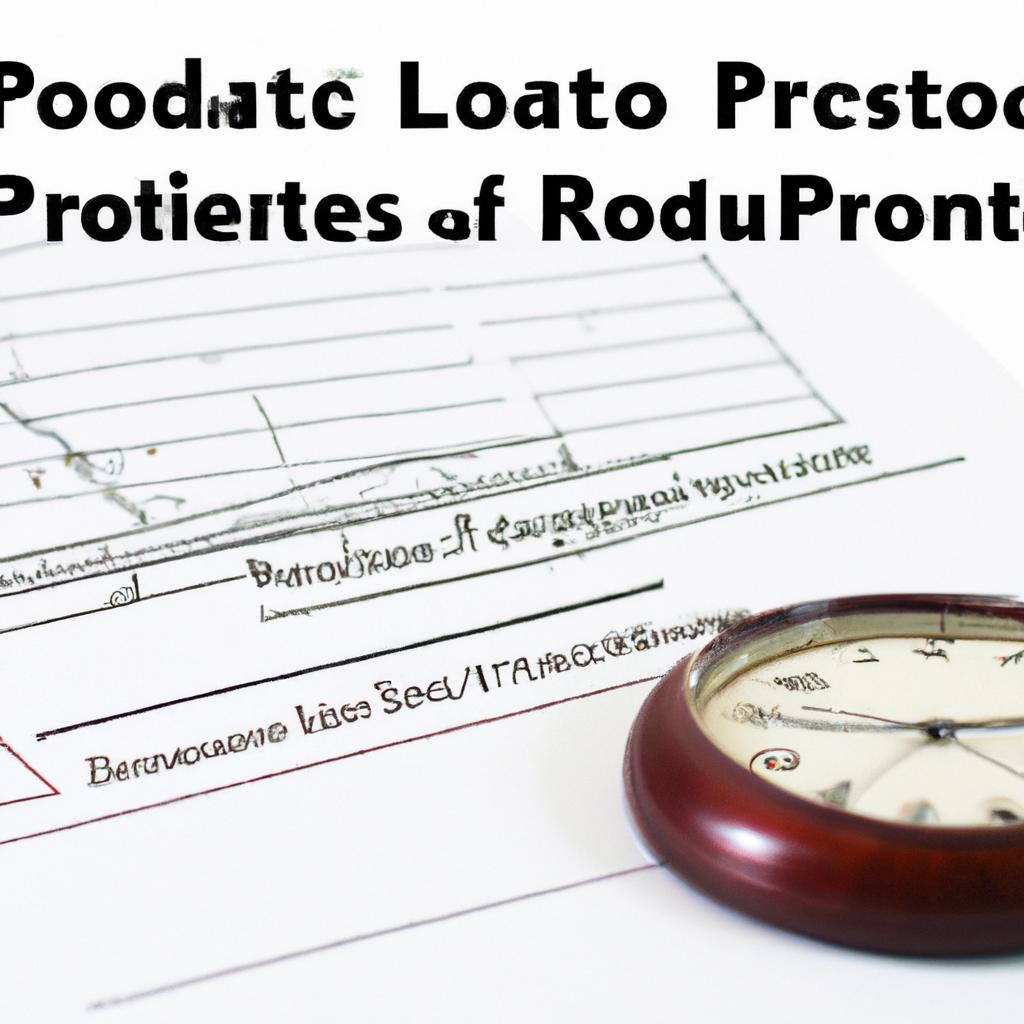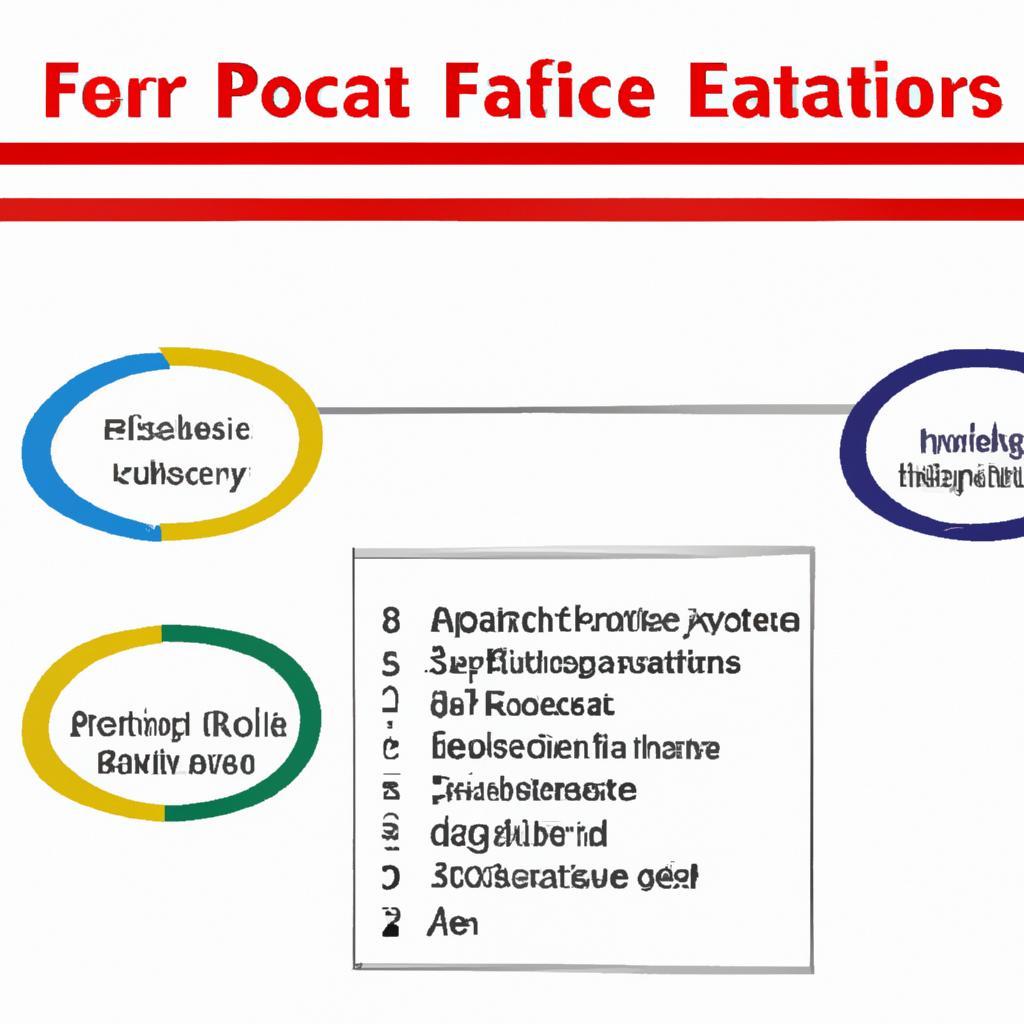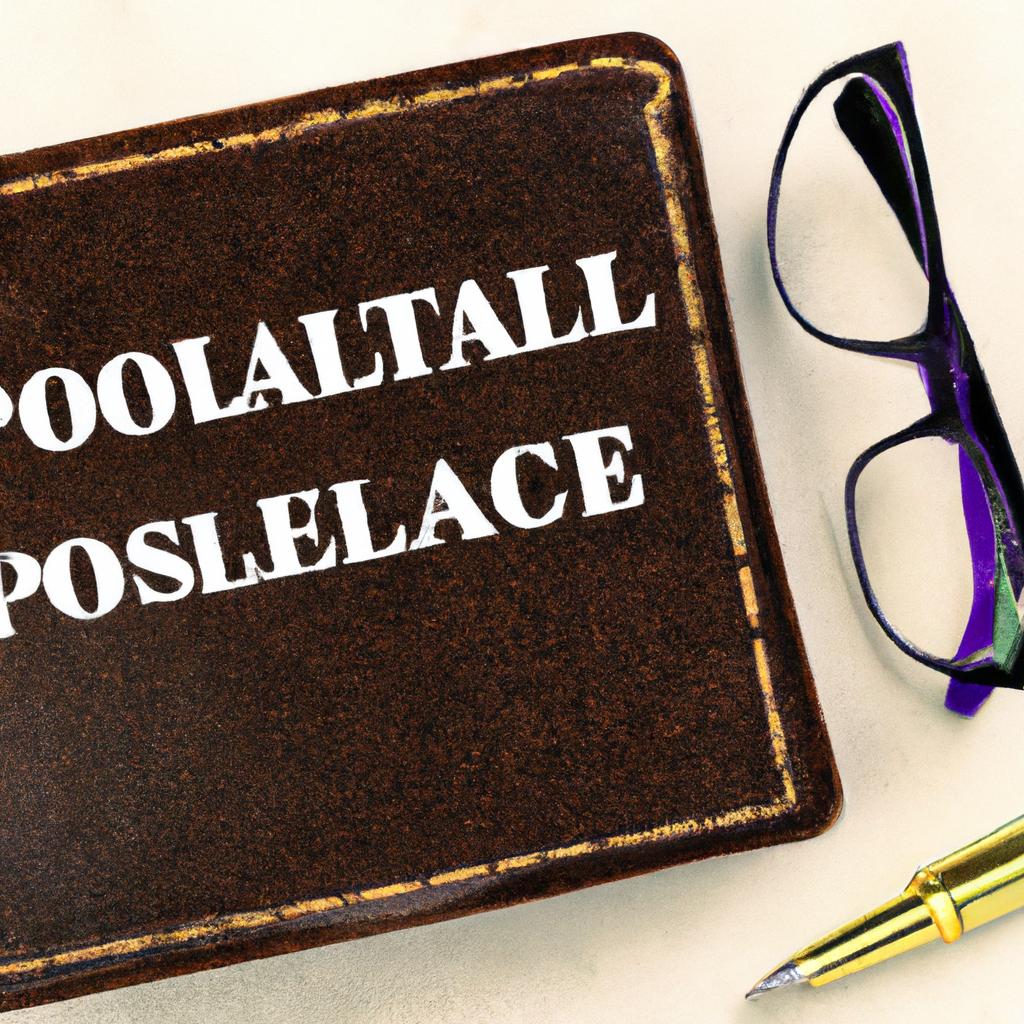Probate, the legal process in which a deceased individual’s estate is administered and distributed, is often surrounded by uncertainty and ambiguity. One of the most common questions that arises during this challenging time is: how long can an estate stay in probate? As seasoned professionals in estate planning and probate law at Morgan Legal Group in New York City, we are here to provide clarity and guidance on this complex issue. In this article, we will explore the factors that can impact the duration of probate proceedings and offer strategies to help streamline the process.
Understanding the Probate Process Duration
When it comes to the duration of the probate process, there are various factors that can impact how long an estate stays in probate. One of the main factors that can influence the duration of probate is the complexity of the estate. If an estate is simple and straightforward, the probate process can be completed relatively quickly. However, if an estate is complex and involves a large number of assets, creditors, or disputes among beneficiaries, the probate process can take much longer to resolve.
Another factor that can affect the duration of probate is the efficiency of the executor or personal representative handling the estate. A knowledgeable and proactive executor can help expedite the probate process by ensuring that all necessary paperwork is filed in a timely manner and that all tasks are completed efficiently. On the other hand, an executor who is inexperienced or unresponsive can cause delays in the probate process, leading to an extended duration of probate proceedings.

Factors Impacting Probate Length
can vary widely, depending on the complexity of the estate and the circumstances surrounding it. One of the main factors that can impact the length of probate is the presence of a valid Will. If the deceased has left a clear and legally binding Will, the probate process may move more smoothly and quickly. However, if there are disputes over the validity of the Will or if it is contested by beneficiaries, the probate process can be significantly delayed.
Another factor that can impact the length of probate is the size and complexity of the estate. Larger estates with multiple assets, investments, and properties may take longer to probate than smaller, simpler estates. Additionally, if there are outstanding debts or taxes owed by the estate, these issues will need to be resolved before the probate process can be completed. Overall, the length of time an estate can stay in probate can vary greatly depending on these and other factors, making it essential to work with experienced legal professionals like the Morgan Legal Group to navigate the probate process efficiently and effectively.
Strategies to Expedite Probate Proceedings
As an experienced estate planning attorney, I often get asked, “how long can an estate stay in probate?” The length of time an estate can remain in probate can vary depending on several factors. However, there are strategies that can be implemented to expedite the probate proceedings and avoid unnecessary delays.
- Efficient Asset Valuation: Properly valuing the assets of the estate is crucial in expediting probate proceedings. Working with a qualified appraiser can help ensure accurate valuation and prevent disputes among beneficiaries.
- Clear Communication: Maintaining clear communication with all parties involved in the probate process, including beneficiaries, creditors, and court officials, can help streamline the proceedings and prevent misunderstandings or conflicts.

Seeking Legal Counsel for Efficient Probate Administration
When it comes to the probate process, one common question that clients often ask is, “how long can an estate stay in probate?” The duration of probate can vary depending on a multitude of factors, including the complexity of the estate, any disputes that may arise, and the efficiency of the probate administration. While some estates may be able to wrap up the probate process in a matter of months, others can linger for years.
At Morgan Legal Group, our team of experienced probate attorneys understands the importance of efficient probate administration. We work diligently to streamline the probate process and minimize any delays that may arise. By seeking legal counsel from our knowledgeable attorneys, you can ensure that the probate process is handled as swiftly and effectively as possible, allowing you to settle the estate in a timely manner.
Q&A
Q: What is probate and why does an estate go through it?
A: Probate is the legal process through which a deceased person’s estate is administered. It ensures that debts are paid, assets are distributed, and legal title to property is transferred to the heirs.
Q: How long can an estate stay in probate?
A: The length of time an estate can stay in probate varies depending on the complexity of the estate, the number of heirs involved, and any potential legal challenges. In general, an estate can stay in probate for several months to several years.
Q: What factors can lengthen the probate process?
A: Factors such as disputes among heirs, unclear or contested wills, and complex asset portfolios can all contribute to lengthening the probate process. Additionally, if the deceased had outstanding debts or legal issues, these can also prolong the probate process.
Q: Is there a way to expedite the probate process?
A: Yes, there are several ways to potentially expedite the probate process, such as resolving disputes among heirs amicably, ensuring all required documentation is in order, and working with an experienced probate attorney.
Q: What happens if an estate remains in probate for an extended period of time?
A: If an estate remains in probate for an extended period of time, it can lead to increased costs and delays in distributing assets to the heirs. It is important to work towards resolving any issues that may be prolonging the probate process in order to expedite the closure of the estate.
Final Thoughts
In conclusion, the duration of time an estate can remain in probate is dependent on a variety of factors, including the complexity of the assets, any potential disputes among beneficiaries, and the efficiency of the executor. While the probate process can be lengthy and frustrating, it is important to remain patient and diligent in order to ensure a smooth resolution. By seeking guidance from legal professionals and staying organized throughout the process, individuals can navigate probate with confidence and clarity. Ultimately, with perseverance and proper planning, the probate period can be managed effectively, allowing for the timely distribution of assets and closure for all parties involved.






